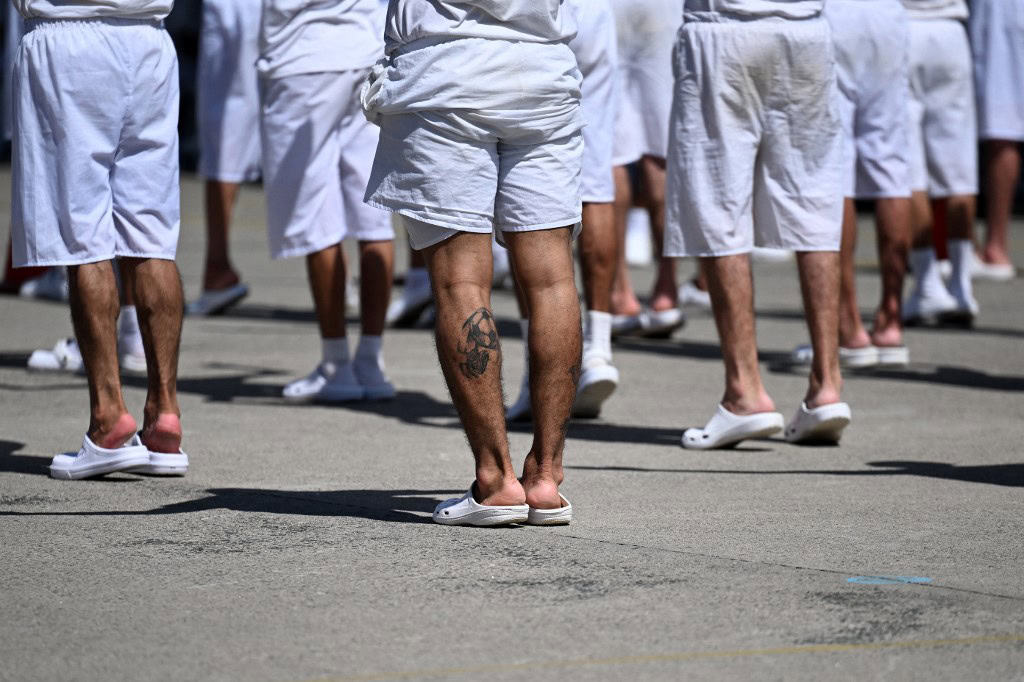Costa Rica plans to break ground this year on a large maximum-security prison, taking cues from El Salvador’s approach to locking down serious offenders. The project aims to tackle rising organized crime and ease packed prisons across the country.
Officials named the site the Center for High Containment of Organized Crime, or CACCO. It will hold up to 5,100 inmates, boosting the nation’s overall prison space by about 40%. The government set aside $35 million for the build, with help from El Salvador on designs and tech that cut costs by around $25 million.
Justice Minister Gerald Campos made the announcement, pointing out how the new setup will isolate high-risk criminals linked to drug trafficking and gangs. He shared that teams visited El Salvador’s Terrorism Confinement Center, known as CECOT, to learn from its layout and operations. That facility, which opened in 2023, houses thousands in a single massive structure under strict controls.
President Rodrigo Chaves pushed for this as part of a broader shift toward stricter crime policies. Over the past few years, Costa Rica has seen a spike in violence tied to international drug routes. Homicides climbed, with many blamed on clashes between cartels. Prisons now run over capacity, hitting 13.1% extra in 2023, leading to calls for more space and better security.
The CACCO will feature advanced monitoring and separation to prevent escapes or internal plots. Builders expect to finish in under a year, drawing on quick methods used in El Salvador. Campos noted the focus stays on dangerous groups, not everyday offenders, to keep costs down and target threats.
Local groups raised questions about rights issues, given reports from El Salvador on harsh conditions in CECOT. Critics there talk about overcrowding and limited access to lawyers or family. In Costa Rica, some worry the model could strain resources or lead to similar problems, but backers say it fits the need to curb violence that hurts communities and tourism.
Chaves first floated the idea back in May, after talks with El Salvador’s leaders. Since then, teams swapped notes on blueprints and gear. The president called it a practical step to reclaim streets from criminals who exploit open borders.
Construction kicks off soon, likely in a spot near existing facilities for easier management. Once up, it should free up room in other jails and let police focus on arrests without worrying about space shortages.
This move marks a change for Costa Rica, long seen as a peaceful spot in Central America. Rising threats from outside groups forced leaders to adapt, borrowing ideas that worked next door. El Salvador cut homicides sharply after its crackdown, though at a cost to civil liberties that draws global scrutiny.
For now, the project rolls forward with support from lawmakers who see it as key to safety. Officials promise oversight to balance security with fair treatment. As work starts, eyes turn to how it plays out in a country that prides itself on human rights.
Experts note the trend spreading, with other nations eyeing similar builds to handle gangs. In Costa Rica, success could mean fewer killings and stronger borders, but failure might spark backlash over spending or ethics.
Residents in affected areas hope it brings peace without turning neighborhoods into targets. Our government vows updates as crews get going, aiming for a safer future through tougher measures. Lets see.






